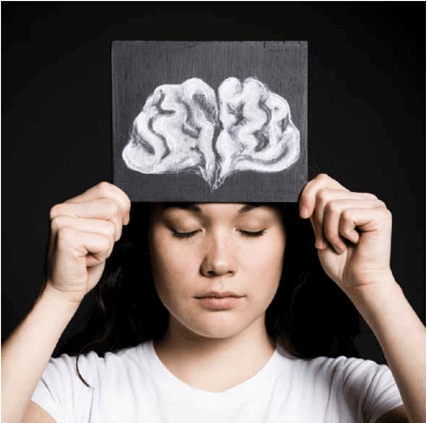Posts Tagged ‘multimodal treatment’
To improve academic outcomes, children with ADHD need both medication and non-medication treatments
. Academic problems are extremely common in children with ADHD, and often the issue that leads to referral for an ADHD evaluation. Academic outcomes can be measured in 2 different ways — academic achievement and academic performance — and both are compromised in children with ADHD. Academic achievement refers to the information and skills that children…
Read MoreStudy: To help children with ADHD improve academic performance, combine medication AND behavioral treatment
. Academic problems are extremely common in children with ADHD and often the issue that leads to referral for an ADHD evaluation. Unfortunately, the significant academic struggles that many children with ADHD experience can undermine their long-term success in areas that extend far beyond formal schooling. Given these facts, an important question is whether long-term…
Read MoreADHD @ high schools: Clear mismatch between the Evidence and the Practice
— Study: High Schoolers with ADHD Receiving Few Evidence-Based Supports (Education Week): “A little over half of high school students with attention deficit hyperactivity disorder are receiving some kind of services from their schools, such as additional time on tests or extended time to complete homework assignments, a recent study finds. But those particular supports have…
Read MoreNew Review of Neurofeedback Treatment for ADHD — Current State of the Science
Neurofeedback — also known as EEG Biofeedback — is an approach for treating ADHD in which individuals are provided real-time feedback on their brainwave activity and taught to alter their typical EEG pattern to one that is consistent with a focused and attentive state. According to neurofeedback proponents, this often results in improved attention and…
Read MoreLong-term effects of neurofeedback treatment for ADHD
Neurofeedback — also known as EEG Biofeedback — is an approach for treating ADHD in which individuals are provided real-time feedback on their brainwave patterns and taught to produce and maintain patterns consistent with a focused, attentive state.
Read More



